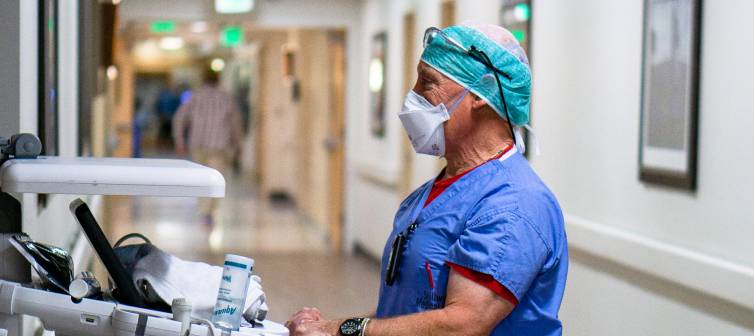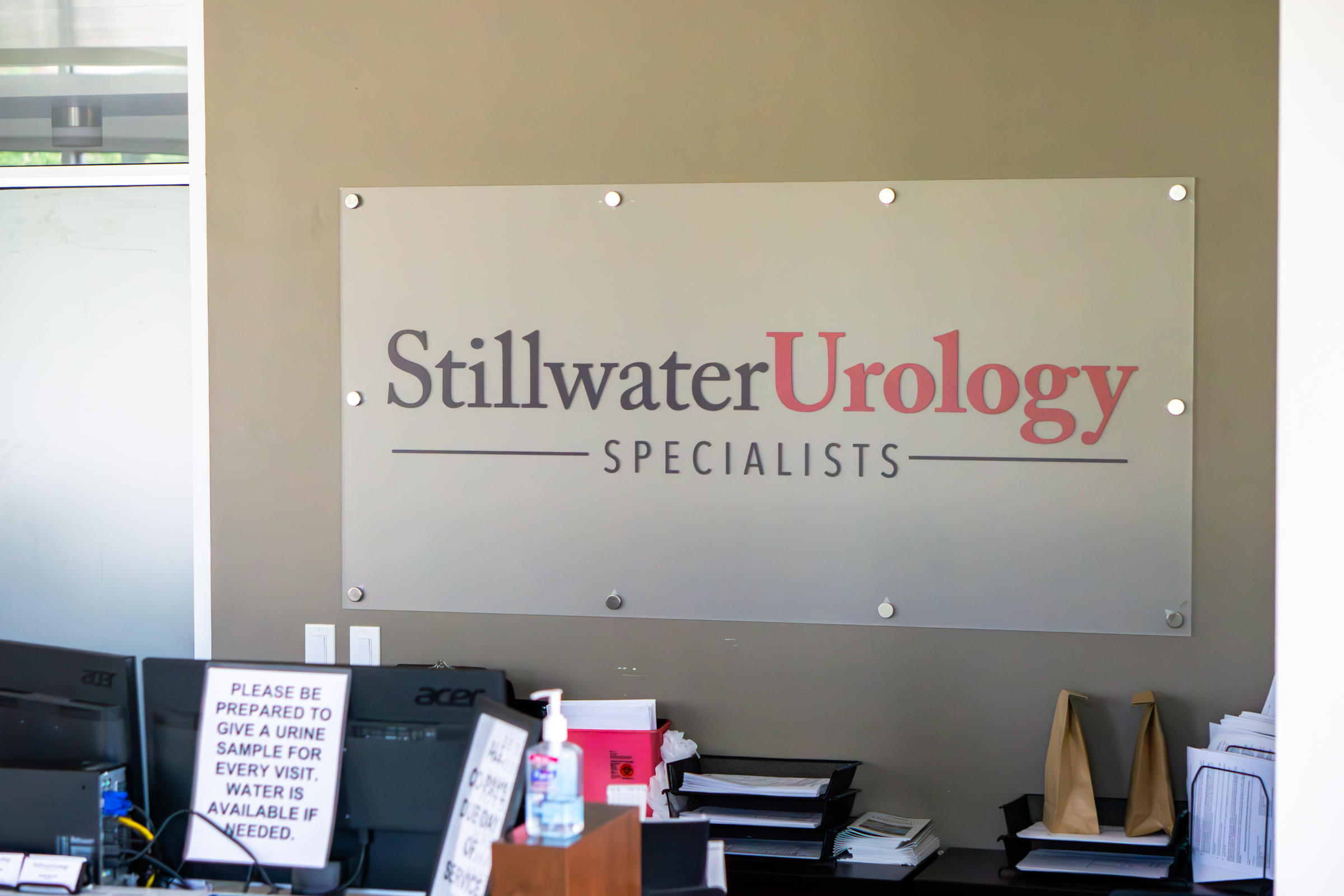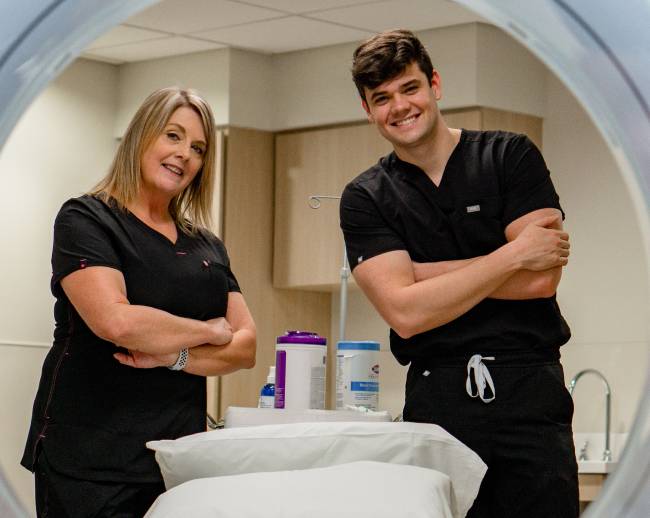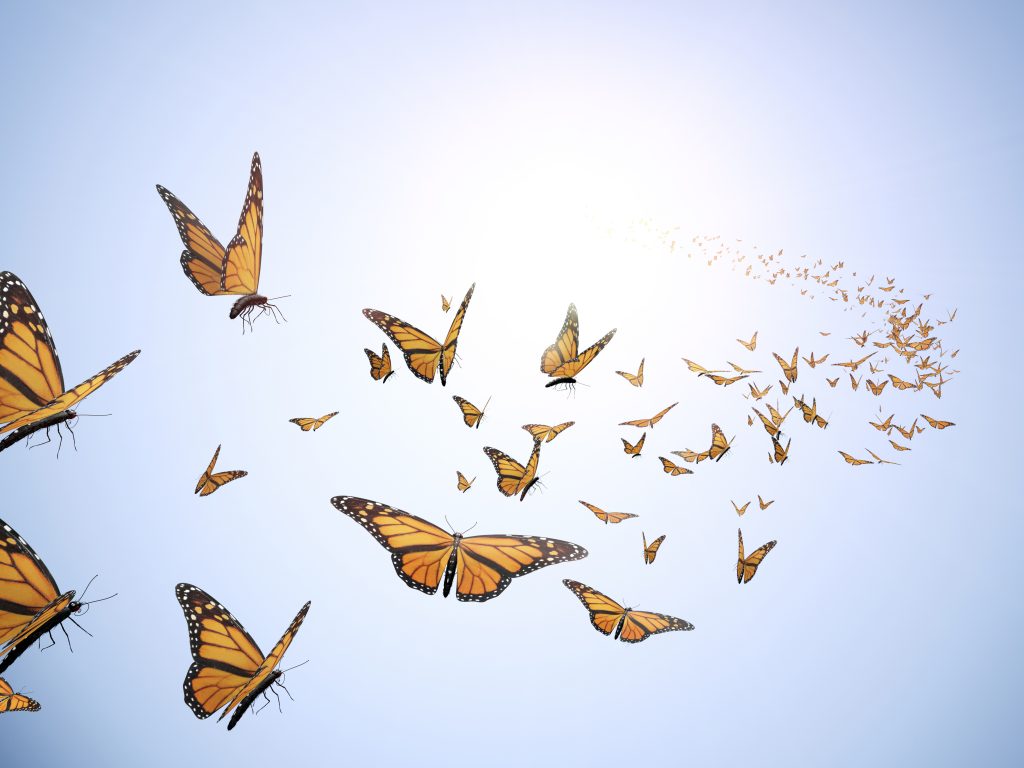
Dr. Matthew Flood is an ophthalmologist who will be joining Stillwater Eyecare in September. He will be part of Stillwater Medical Center Health Day on Sept. 12 and will offer vision and pressure testing for free in the West Conference Room of SMC from 7-9:30 that day.
What is the danger posed by looking at a solar eclipse?
Looking at an eclipse with the naked eye or even with dark sunglasses for prolonged periods of time can result in vision loss and irreversible damage to your retina. To protect yourself and your vision you need to have special eclipse glasses or handheld viewers, or simply avoid looking directly at the eclipse. If you do plan on viewing the eclipse through protective eclipse glasses you should not be able to see anything through the dark lenses unless looking at the sun or a very bright light source. The glasses should also meet the standard known as ISO 12312-2. The American Astronomical Society has a list of reputable vendors that meet this standard, https://eclipse.aas.org/resources/solar-filters
How does this differ from looking at the sun on normal days?
Looking at the sun for prolonged periods on normal days can also result in retinal damage and should be avoided. Given the reduced ambient light that occurs during eclipses, people can quite logically but mistakenly conclude that staring at the eclipse is not harmful. Staring at an eclipse can be as damaging to your retina as staring at the sun on a normal day and must be avoided.
What does it mean to damage the retina?
The retina is a very thin layer of tissue that essentially lines the inside back part of the eye like wallpaper. It is an extension of your brain and part of the central nervous system. Light travels into the eye and lands on the retina, which results in a complex photochemical cascade that is transmitted to your brain. The brain then interprets this signal, which results in our experience of vision. Sun-gazing or staring at an eclipse for prolonged periods causes the production of free radicals that can cause molecular damage to the retina. If the retina is damaged, visual impairment can result because the retina cannot function properly. Generally this is experienced as central vision loss or blind spots near the center of one’s vision
What are some other tips you have for people who are out that day?
I would also recommend that parents pay close attention to their kids to ensure they do not look directly at the eclipse without appropriate protection. It would also be prudent to take breaks from viewing the eclipse every 20 or 30 seconds rather than viewing the entire eclipse – even if wearing appropriate protective eyewear.
If someone does accidentally harm their eyes with improper viewing, what should they do?
Prevention is best since there is no known treatment for damage once it occurs. Examination and observation by an ophthalmologist or an ophthalmologist who specializes in retinal diseases is a good idea to rule out any other cause of vision loss and to establish a diagnosis. Fortunately some people have recovery of vision over months, but residual permanent impairment of vision is possible.
– Beau Simmons
See the Stillwater News Press article.







